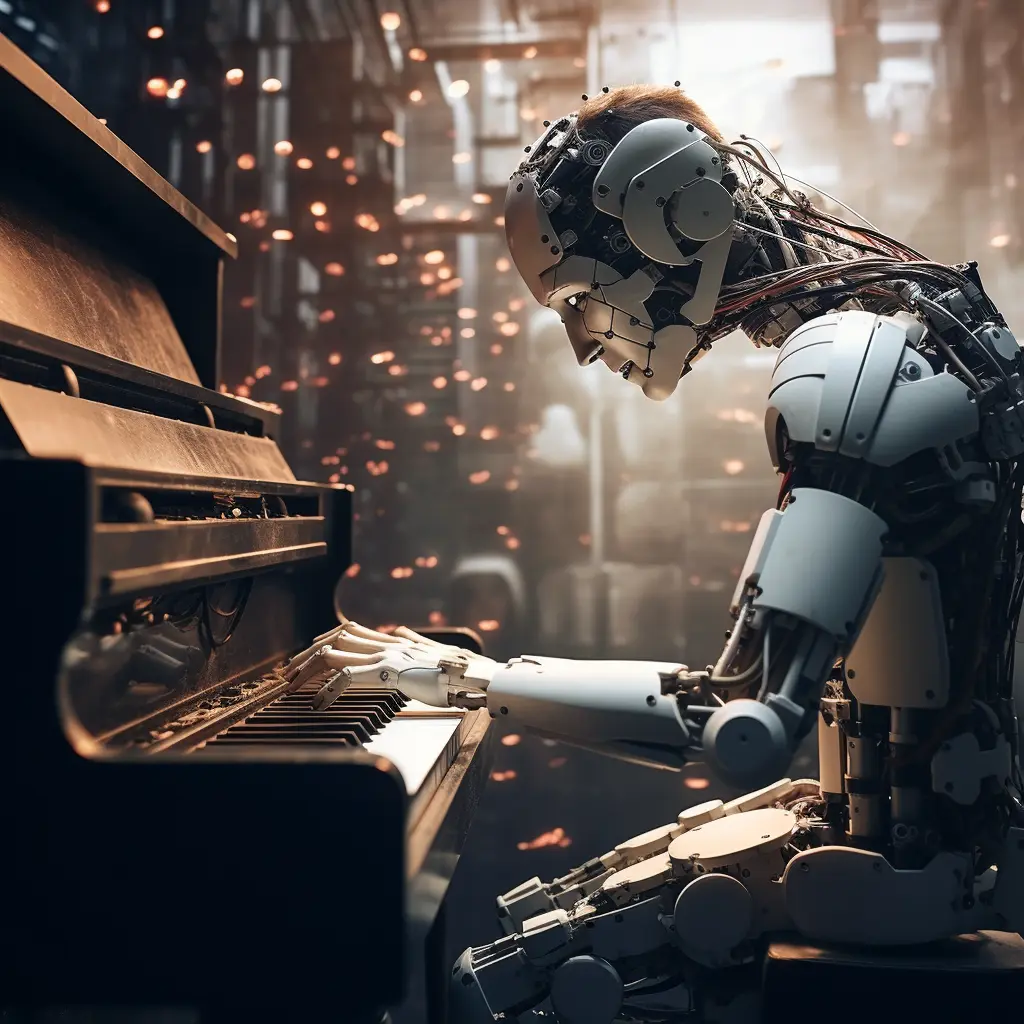
In an era where Artificial Intelligence (AI) permeates all aspects of our lives, music stands as a prominent example of its influence.
AI has emerged as a pivotal tool, opening up new possibilities in music creation, processing, and distribution, accessible to both amateur and professional musicians alike.
In the realm of music composition, AI provides tools such as Magenta and Amper, which use deep learning to analyze existing compositions and provide inspiration for new melodies and harmonies.
These applications are accessible to artists globally, offering them opportunities to expand their creative horizons.
In the processes of mixing and mastering, tools like LANDR AI Mastering and Mix Monolith offer AI algorithms to automate and optimize sound tracks, leading to high-quality, radio-ready recordings.

The quality of data used for training AI algorithms is crucial, as poor data can lead to inaccurate or biased results.
Further ethical concerns arise regarding the mental health of individuals involved in the AI training process, especially when dealing with disturbing or disruptive content.
Questions of ownership and copyright over AI-generated music remain open and subject to legal discussions.
Vocal synthesis, represented by technologies like Vocaloid, allows musicians to experiment with various sounds and vocal styles, offering greater flexibility in the studio.
This technology provides an alternative to physical instruments or professional singers, thereby granting more creative freedom.

AI also plays a key role in streaming services such as Spotify or Apple Music, where it offers personalized playlists based on the listening habits and preferences of users.
This personalization enables listeners to discover new artists and genres that they might not have found otherwise.
Although AI offers many positive possibilities, it’s important to consider the ethical and legal issues.
Challenges and ethical issues aside, AI in music represents an exciting new era of creativity and innovation.
As this technology continues to evolve, it’s clear that it will increasingly influence how we create, process, and listen to music.
